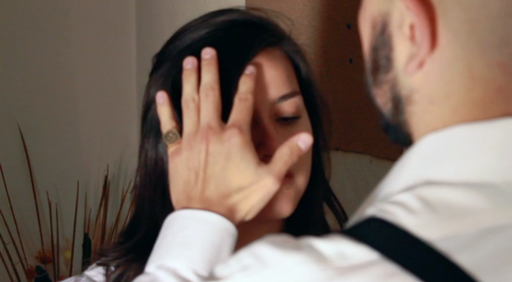Search
The customer isn’t always right — especially, if she’s a total racist

It’s very well settled law that accommodating a customer’s preference to be serviced by employees of a particular race is, well, racist. A few weeks ago, this situation arose with a Lowe’s store in Virginia. A CBS affiliate reported (here) that a white Lowe’s customer refused to accept a delivery from a black Lowe’s deliveryman. According to the report, the customer specifically asked Lowe’s not to send a black delivery person. The customer told the CBS affiliate that “she had the right to have whatever she wanted and she did not feel bad about making the request for a white driver.”
Unfortunately, the story indicates that the store manager accommodated the customer by sending out a white driver instead. However, after the incident was reported to corporate, the company issued a statement denouncing the “discriminatory delivery request” as “inconsistent with our diversity and inclusion core values.” Lowe’s also terminated the store manager’s employment.
Employers are responsible for taking reasonable steps to maintain a workplace that is free from discrimination and unlawful harassment. Responsible companies have handbooks, policies, and training to help accomplish this. But, just remember that folks like customers, vendors, and the like are part of the workplace too. So, remind your workforce — especially your managers and supervisors — not to tolerate behavior that wouldn’t otherwise be condoned if displayed by an employee.
 The Employer Handbook Blog
The Employer Handbook Blog







